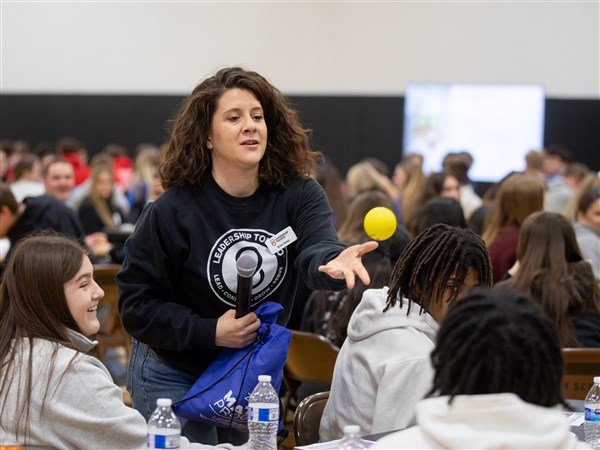A recent conference aimed at student-athletes brought attention to the critical issue of mental health in sports. Many student-athletes are balancing academic responsibilities, including homework and exams, alongside rigorous training and competition schedules. This demanding lifestyle can lead to neglecting their mental wellbeing.
According to studies, nearly 30% of collegiate athletes experience significant mental health issues, yet less than 10% seek help. The conference, attended by educators, coaches, and mental health professionals, emphasized the importance of creating an environment where athletes feel safe to discuss their mental health challenges.
Experts at the event shared strategies for integrating mental health education into athletic programs. For instance, implementing regular mental health check-ins can help identify students who may be struggling. The conference also featured workshops on stress management techniques specifically tailored for athletes, focusing on mindfulness and coping strategies to handle pressure.
One significant takeaway from the event was the need for universities to provide accessible mental health resources. Many institutions currently lack adequate support systems, with long wait times for counseling services. By advocating for increased funding and resources dedicated to mental health services, the conference participants aimed to promote a culture of support within athletic departments.
Additionally, the event highlighted successful initiatives from other universities that have effectively addressed these issues. For example, some schools have launched peer support programs, allowing athletes to connect with others who understand their experiences. This peer-to-peer model has shown promise in reducing stigma and encouraging students to seek help.
As conversations around mental health continue to evolve, it is essential for both athletic and academic institutions to prioritize the mental wellbeing of student-athletes. Establishing a supportive environment not only fosters better performance on the field but also promotes overall student success.



